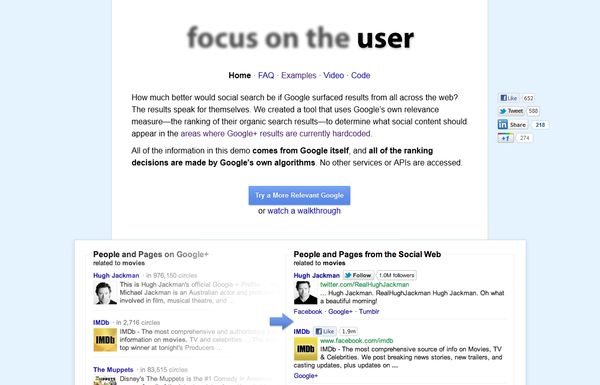- 3 days until your family photos get deleted source
- » But only if you used Megaupload to store them. Megaupload wasn’t just a place to share pirated movies; it also served as webspace for people to store their personal documents, pictures, hard drive backups, and the like. But Megaupload didn’t actually own the servers on which its data was stored–they outsourced that two other companies. Now that Megaupload’s been shut down, its assets have been frozen, and so it can’t keep paying the storage centers their fee. So, according to a letter from the US Attorney’s Office, the two data centers could start deleting the data as soon as this Thursday. That would be a shame for many, many people (although it should have been clear from the outset that Megaupload wasn’t the wisest place to back up one’s data). An attorney for Megaupload says he’s “cautiously optimistic” that they’ll be able to keep the data from being erased.



